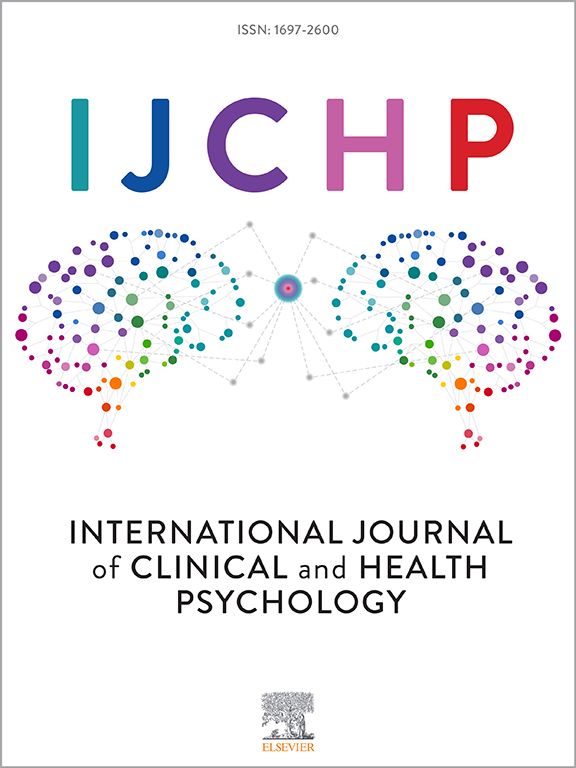The paradox of social avoidance and the yearning for understanding: Elevated interbrain synchrony among socially avoidant individuals during expression of negative emotions
Abstract
Social avoidance refers to the tendency to be alone and non-participating to social interactions, which is considered to hamper health interpersonal relationship. However, the neural underpinnings of social and emotional interactions among social avoidant individuals have not been fully studied. In the present study, we used EEG hyperscanning technology to investigate the brain activity and its synchronization of 25 socially avoidant dyads and 28 comparison dyads during an emotional communication task. The emotional communication task consisted of the emotional processing stage and emotional interaction stage. Event-related potentials (ERPs) of the senders during the emotional processing stage and the interbrain synchrony (IBS) of the dyads during the emotional interaction stage were analyzed. Results showed that (1) socially avoidant group showed higher beta, theta and gamma IBS in the negative condition than in the positive and neutral condition; (2) in positive condition, the N1 and LPP amplitudes during the emotional processing stage of socially avoidant individuals were negatively correlated with the IBS within dyads during the emotional communication stage. The findings suggest that the dysfunctional emotional interaction of social avoidant individuals may be attributed to the negative impact of emotional stimuli processing during emotional communication.

 求助内容:
求助内容: 应助结果提醒方式:
应助结果提醒方式:


